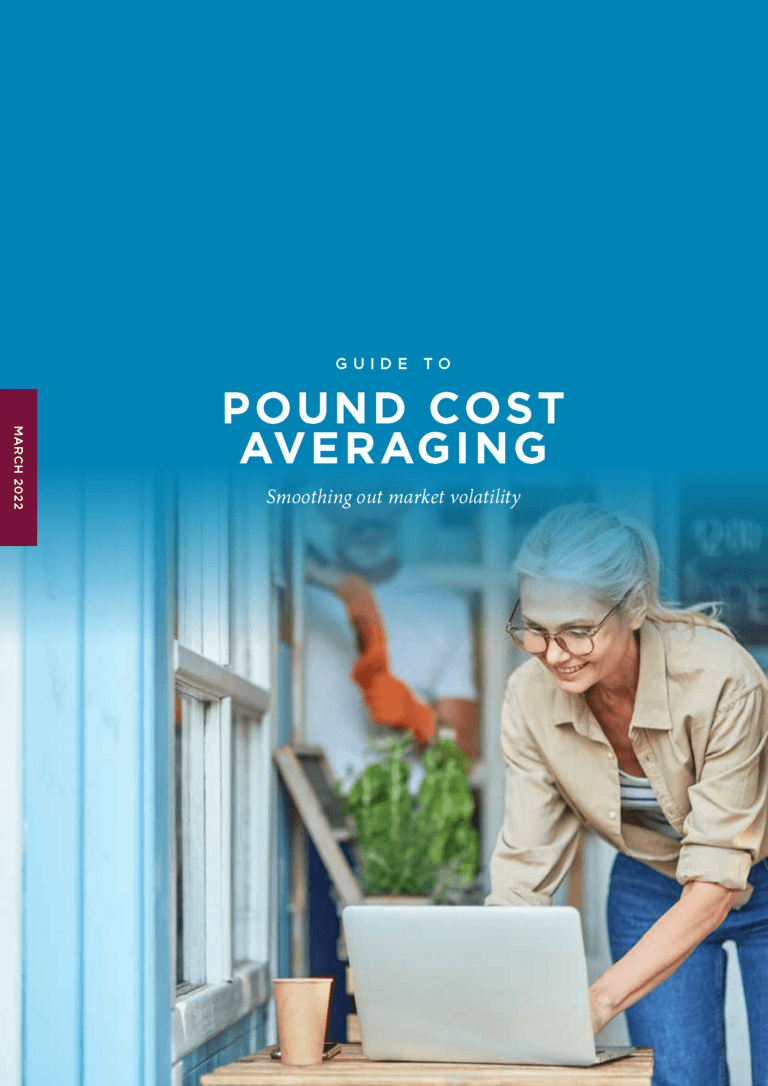Riding out market volatility
The return of Donald Trump to the White House has meant his late-night social media posts are once again rattling investment markets.
Sudden movements in the value of shares and bonds – investment volatility – can be unsettling for even the most seasoned investor. Nobody wants to see their portfolio’s value take a rollercoaster ride. You could be tempted to retreat to cash and await calmer times. However, that presents another source of discomfort: you have to decide when to reinvest. A better approach may be to stay invested. As an old market adage says, what matters is time in the market, not timing the market.
Like it or not, investment volatility is normal: markets do not move in straight lines and, at times, experience significant swings. If you are a long-term investor, with a financial goal that is years into the future, you should focus on that distant point, not what happens – or is reported as possibly due to happen – in the short term. The long-term trend, not the short-term noise, is what you should follow.
Diversify
You can limit the impact of market volatility by having a well-diversified portfolio. It is rare for every asset, country and sector to move in the same direction so, for example, if your US equity funds fall in value, your global fixed interest funds may rise. However, diversification is not a one-off exercise. Market movements can mean that over time portfolio ‘drift’ can occur – the recent strong relative performance of US shares may mean your portfolio has become too heavily weighted in these assets. Ideally your portfolio should be reviewed and rebalanced each year to stop such a distortion creeping in.
Beyond diversification, an adequate cash reserve prevents you being forced to sell when markets are down. After all an investment loss is only a loss when it is realised. The key to avoiding real loss is to have enough instant access funds should you need them. One final tip: If you can – and in the 2025 media landscape, it is difficult – try not to become a 24/7 news junkie. It’s not good for either your emotional or investment health.
The value of your investment and any income from it can go down as well as up and you may not get back the full amount you invested. Past performance is not a reliable indicator of future performance.
Investing in shares should be regarded as a long-term investment and should fit in with your overall attitude to risk and financial circumstances.











